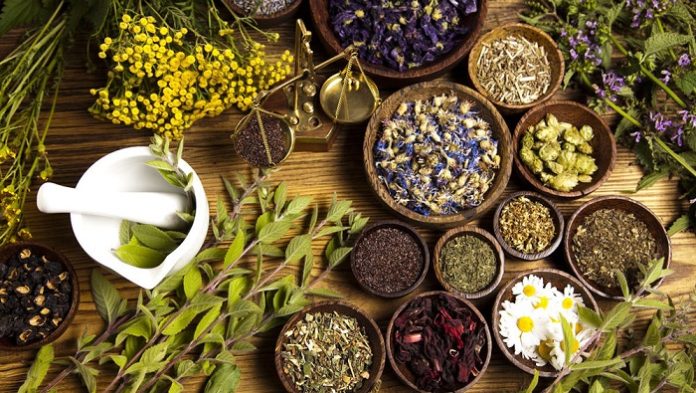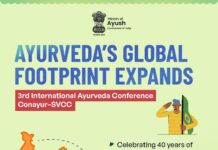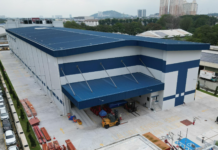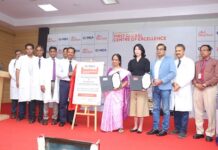Union minister of Ayush, Sarbananda Sonowal believes the first global summit on traditional medicine organized by the World Health Organisation and co-hosted by the ministry of Ayush, in Gandhinagar to be historic in many ways. He said “The main outcomes of the global summit will be soon released by World Health Organisation in the form of Gujarat declaration. At the summit, WHO also shared the initial findings of the global survey on traditional medicine that indicates that the reach of traditional medicine is on the rise across the globe. As per WHO, the final survey will be released in November this year”.
Interacting with the media persons, Sonowal further spelled out the importance of the Gujarat declaration and said that declaration will soon be made public by WHO. “Gujarat declaration will emphasize that the importance of traditional medicine is recognized for the attainment of UHC (Universal Health Coverage) and WHO’s commitment to work toward it through evidence generation and policy support to member states”.
Talking about the increasing acceptance of traditional medicine worldwide, Sonowal said that initial findings of the latest global survey on traditional medicine by WHO were also placed before the summit participants and were deliberated upon. Initial findings of this survey tell us that 97 out of 157 member states of WHO have national policies regarding traditional medicine.
Sonowal elaborated on the ministry of Ayush’s efforts on expanding the scope and work of Indian systems of traditional medicine and said that five bilateral meets with Nepal, Malaysia, Qatar, Venezuela, and Cuba proved to be very successful. India has invited all the countries involved in the bilateral meet to share best practices and benefit from the work going on in India in the field of traditional medicine. These bilateral meetings have provided an opportunity for renewing ties, and also exploring various initiatives for research, practices, education, and training in the field of ayurveda and other traditional medicine system.
The minister informed that the summit by WHO will also be remembered for the firm commitment and vision of prime minister Narendra Modi that resulted in first establishing global centre of traditional medicine in Jamnagar, Gujarat and thereafter the first-ever global summit on traditional medicine was also organized in India. The significance of the summit can be ascertained from the facts that the outcomes of the event will not only be of help in shaping the work scope of the global center of traditional medicine but will also reflect in the WHO’s strategy document for 2025-2034 on traditional medicine.
The union minister also talked about emerging fields in traditional medicine and said that “Digital health services are in demand globally, and there is tremendous potential in traditional medicine to provide evidence-based health services to the entire mankind. These were discussed in detail in this summit and in the coming days lot of important work will happen through the global centre of traditional medicine of Jamnagar.”
The union minister further stated that the summit gained another advantage as it was held on the sidelines of the G20 health ministers’ meet and thereby provided an opportunity for health ministers of various countries to have a discourse on traditional medicine on the G20 platform. The outcome of the health ministers meeting of G20 countries is also strongly indicative of the commitment of member countries for the use of scientific and evidence-based traditional medicine for universal health coverage.









